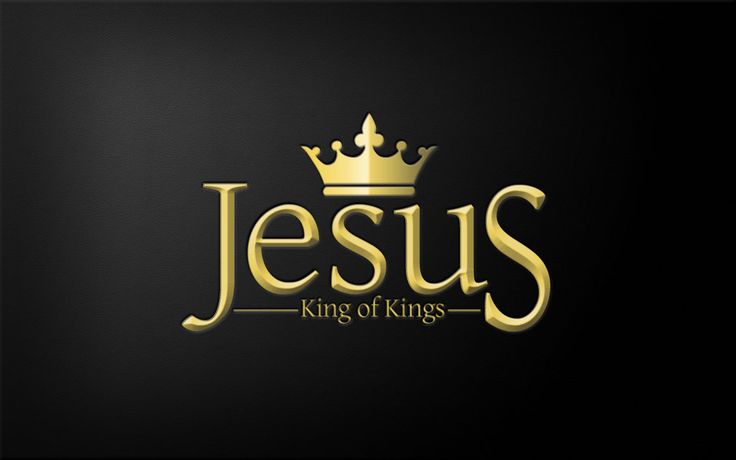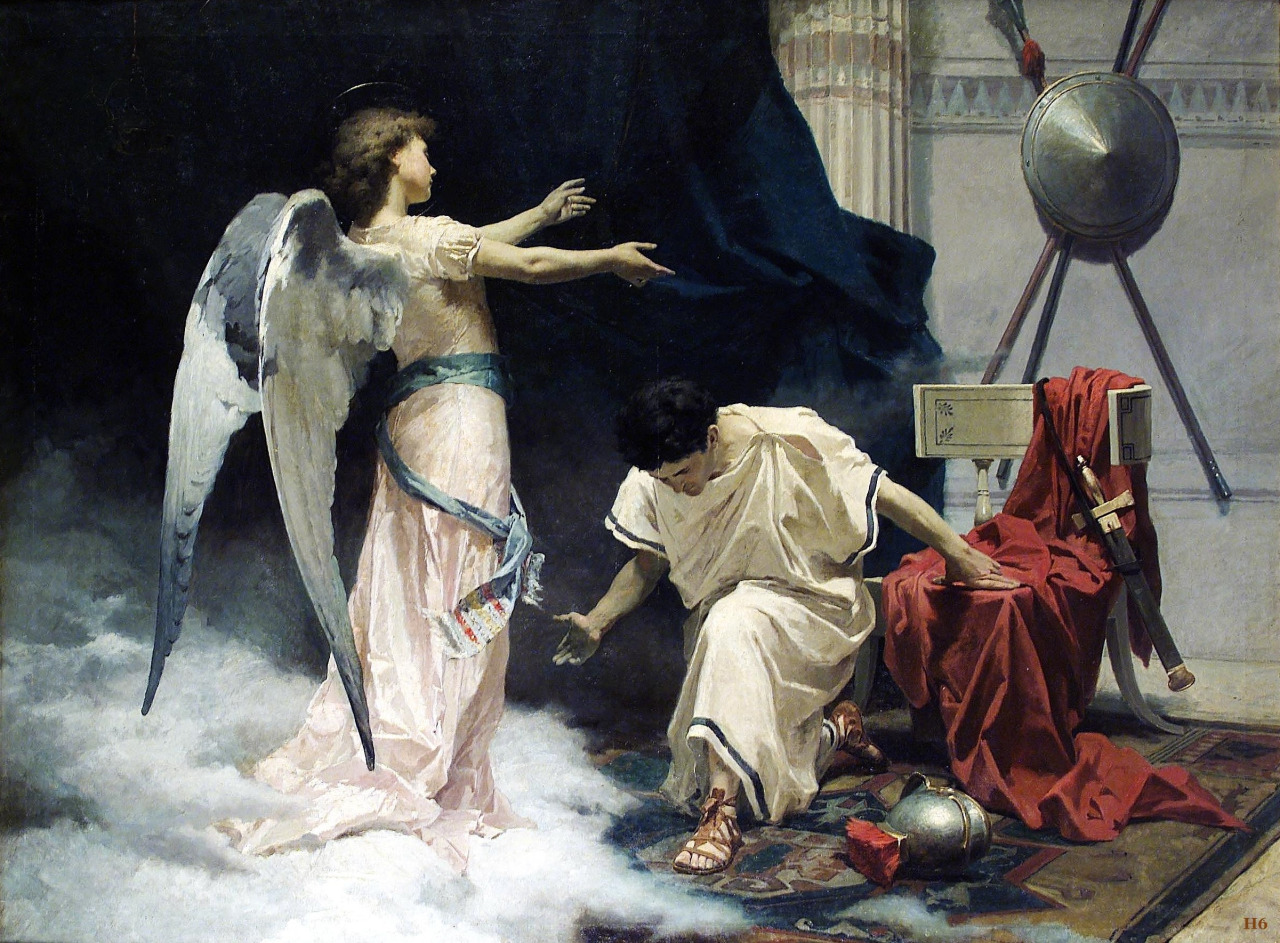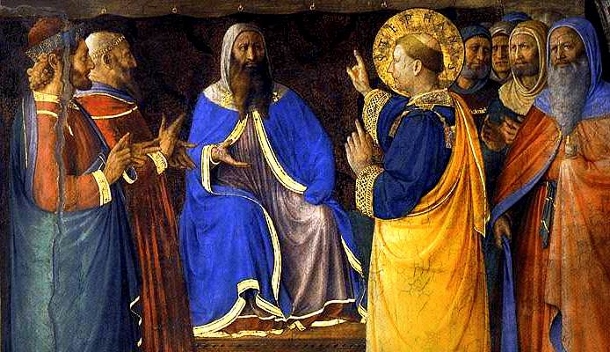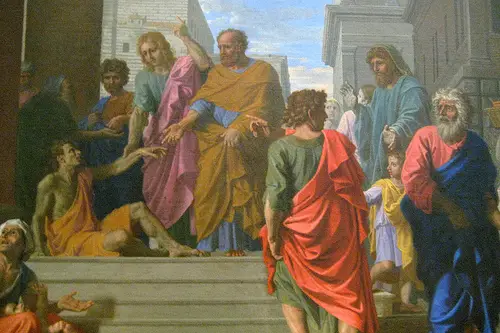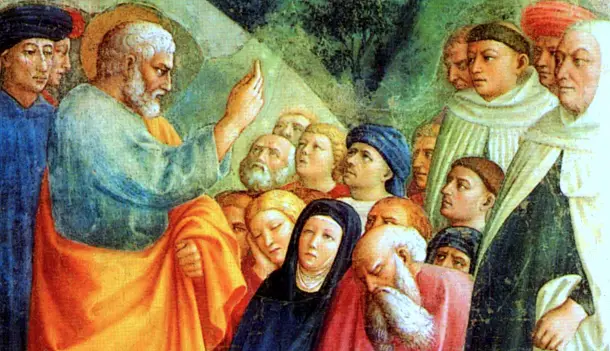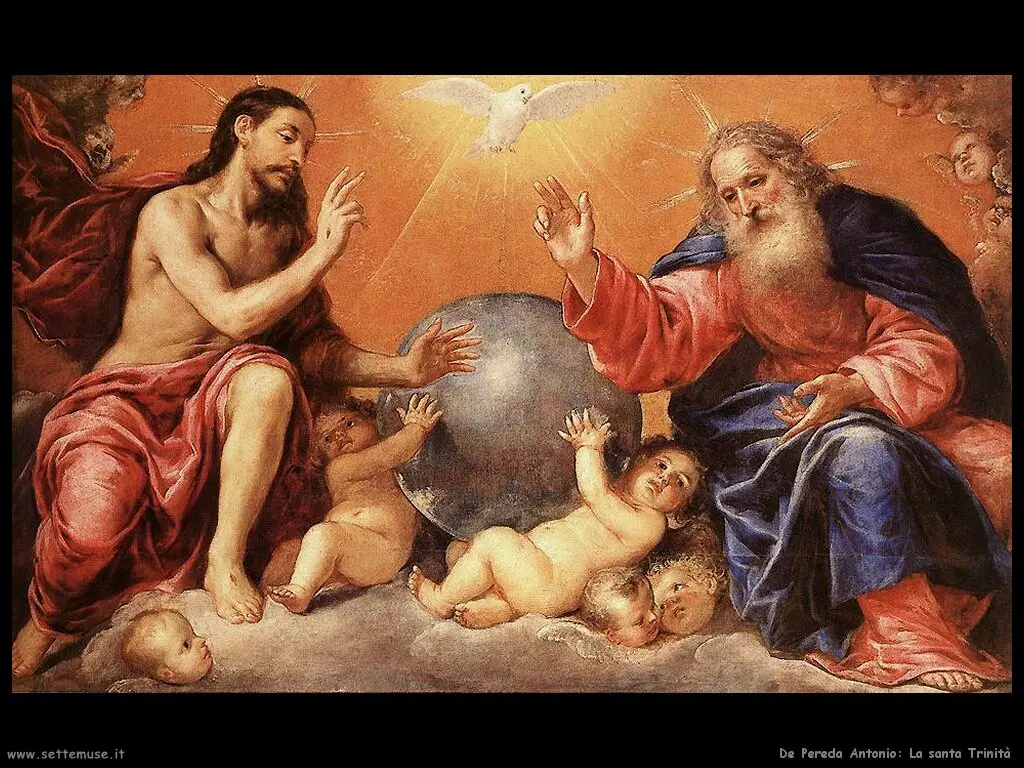Does Being King of Kings Mean Jesus is God?
The book of Revelation twice calls Jesus the king of kings and the lord of lords. In these passages, he is depicted as the Lamb who is warred against by the beast and the kings of the earth, but who, in the end, triumphs over his enemies.[1] Revelation 17:14 (NASB) "These will wage war against the Lamb, and the Lamb will overcome them, because He is Lord of lords and King of kings, and those who are with Him are the called and chosen and…
